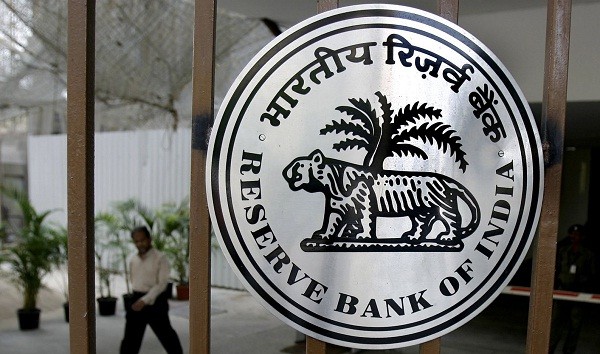
Financial fraud is an evolving phenomenon and a chit fund owner disappearing with huge cash is not unheard of. But the knee-jerk reaction from West Bengal Chief Minister Mamata Bannerjee to an ongoing chit fund scam calls for introspection.
The chit fund company has, no doubt, defrauded thousands of investors, including the poor and to rescue her party image, Mamata reacted rather abruptly by creating a ₹500-crore fund to help the investors. More than helping the poor, the CM's move brings into question how such frauds should be dealt with in future, both by the government and the regulator, in this case the RBI.
While, market regulator Sebi is probing the Kolkata-based Saradha group, it is time to ponder at what RBI can do to deter recurrence of such Ponzi schemes or misuse of funds raised by street-corner chit fund companies in the country.
In a country of 1.2 billion population, every second person requires money and sometimes more than others can imagine. The chit-fund business has grown since the 1970s as a major corner-house meeting where one can raise funds for daily business needs. Every shop owner in India knows how to make use of money from chits than visiting banks and getting loans. Thanks to strict RBI stipulations, money flow from the banks to the needy corner-shop owners is still a herculean task making it easy for microfinance banks to reach them.
Not for long and thanks to Vikram Akula, the founder and former chairperson of SKS Microfinance, who misinterpreted Bangladeshi economist and Nobel Laureate Muhammad Yunus's Grameen model of microfinance in his rush for numbers that the model went bust, and consequently brought forth a near-restriction on the business process of microfinance in India.
RBI waits for bait?
As was evident from the annals of Indian economic history, every RBI rule to free the financial string followed a big scandal. In 1970, close on the heels of nationalisation of banking sector by then Prime Minister Indira Gandhi, many private banks had to shut office or open up as a scheduled government bank. A pro-poor socialist policy swelled the nation and the middle class benefitted more than the poor from these banks.
The systemic faux-pas had seen the country go begging for Forex reserves in 1991, pushing the next incumbent PV Narasimha Rao to roll out new reforms and resurrect private banks. But soon the country was caught in the midst of NBFCs' siphoning-off deposits from the public assuring them double the income in two to three years, the way Saradha group did in West Bengal. It is more a middle class greed that led to fraud on the street and thus came new NBFC regulations from the RBI fold.
At a time when it looked difficult to defraud the public in a modern, well-connected society, the Kolkata-based chit fund group proved otherwise. The Saradha group of companies were running openly under political patronage and the current exposure obviously attracted a knee-jerk reaction from the Trinamool Congress leader to set up a fund to give instant relief, ironically with the additional tax money collected from the smokers.
Ironic but not rational. The society or tax-payer at large cannot always foot the bill of fraudulent players in society. Though chits come under the state list, the Centre and the RBI cannot wait for such scams to dent our strong unitary financial supervision practised since 1935. When microfinance players can be curbed with an iron hand, why not the chit fund organisers? The question should be how soon than when?

















